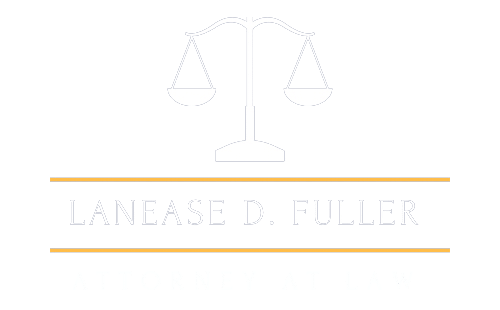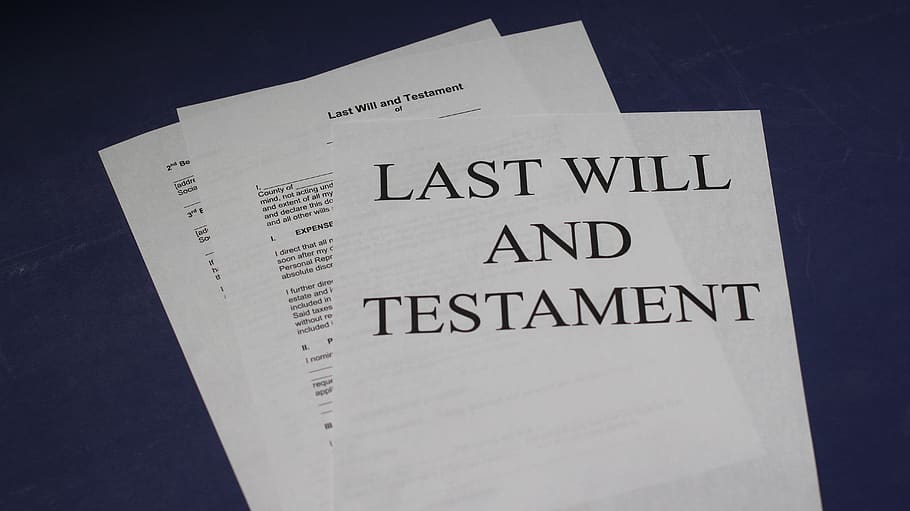A will is a legal document that will outline who stands to inherit your personal property once you have passed away. A common mistake that is made by individuals is failing to draft a will, believing they have all of the time in the world. This can leave their family and loved ones in a difficult position following their death. If you have minor children, own a business, or have recently been through a major life event, seeking legal advice on drafting a will while you are of sound mind is an excellent idea.
Listed below are some of the best times to consider drafting a will, according to online publication The Week:
- Turning 18 years old. As a matter of law, in most states in the U.S., this is your first chance to write a legally valid will. By all means, go for it.
- When you have accumulated some money or other assets. What constitutes “some money” is going to be different for everyone. Is $500 in savings enough for you to want to direct what happens to it? What about $5,000? Or if you own a car? The larger point is that if you die without a basic will, you’ll be what’s termed “intestate.” As a result, your estate will be settled in accordance with your state’s laws about who inherits what — typically spouses, registered domestic partners, and blood relatives. How those assets will be divided among heirs also varies from state to state, so without specific instructions from you, they could wind up distributed very differently than you envisioned.
- When you get married (or divorced or remarried). Changes in your most significant relationships are key reasons to write (or rewrite) a will. Do you want your spouse to be among your beneficiaries? Does that change now that he or she is an ex, or perhaps you want to keep them in but switch what’s bequeathed to them?
In some states, if you had a will prior to marriage, it may become invalid upon your union — yet another reason to pen an update. For example, in Florida, if your preexisting will doesn’t provide for your spouse — or directly state your intention not to provide for him or her — then your spouse would receive the same share of your estate as if you had died without a will; however, circumstances may change yet again if provision for your spouse was made or waived in a separate marital agreement.
- When you have children (and again when they become adults). While an intestate situation would likely result in your children receiving some portion of your estate, a will can guarantee they are provided for in the precise way that you intend. Critically, a will is also a place to name a guardian for your child in case both parents die. (Although you don’t have to get the would-be guardian’s permission, it’s a good idea, lest he or she turn down the job when the time comes.) All of your wishes for your children are likely to change when they become adults, so update your will accordingly; you may even want to name one of them as your executor.
- After you start a business. Think about your succession plan, whether you intend for family members to take over the business or envision someone doing that job. If you’re leaving it to one or more people, be careful to also think about what share of the business will go to each.
- Buying a home. This is going to significantly change the worth of your estate — and could affect who you choose to name as your beneficiaries as well as how much you leave them. (In fact, any big asset purchase is a reason to start or revisit your will.) Sometimes home buying coincides with a move. If it does, be sure to consult the laws regarding wills for your new state; you may have to adjust more than you realize.
Will and Estate Planning Near Me
Attorney Fuller is a seasoned attorney with nearly three decades of experience representing a wide range of clients. This includes individuals who have suffered an injury due to another’s actions, individuals facing criminal charges, those who have been arrested for DWI, individuals who have found themselves in a civil litigation dispute, and those looking for legal guidance in business.
After filling out a client intake form, Attorney Lanease D. Fuller will take appropriate action in your case to help you get the results you are looking for. This includes but not limited to gathering evidence, going to trial, and earning a settlement that is appropriate for your specific situation. Reach out to us today to take the first step towards settling your case.
LANEASE D. FULLER LAW
4615 S. Frwy St. 820
Houston, TX 77051
713-439-7400
Google Listing


